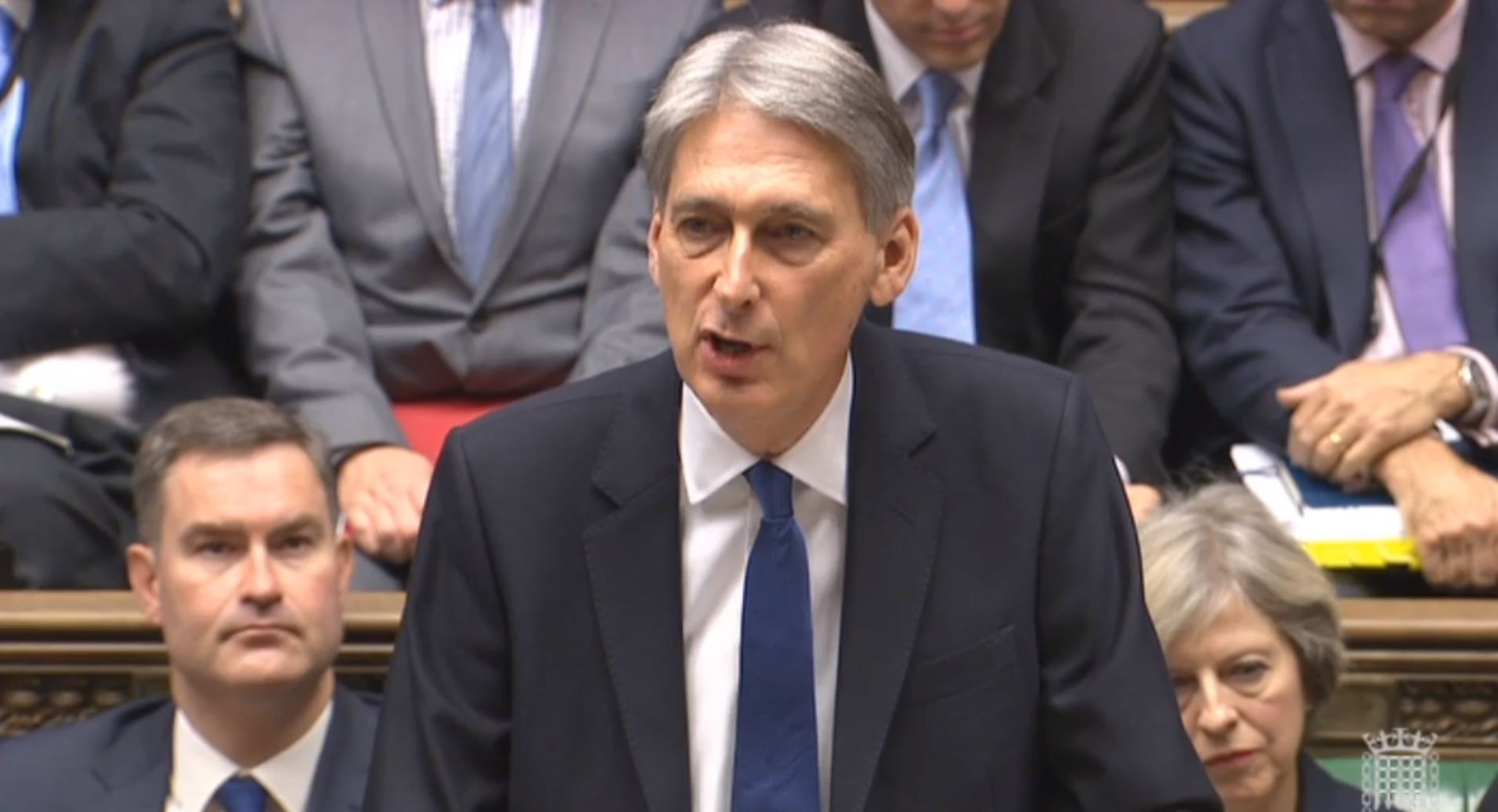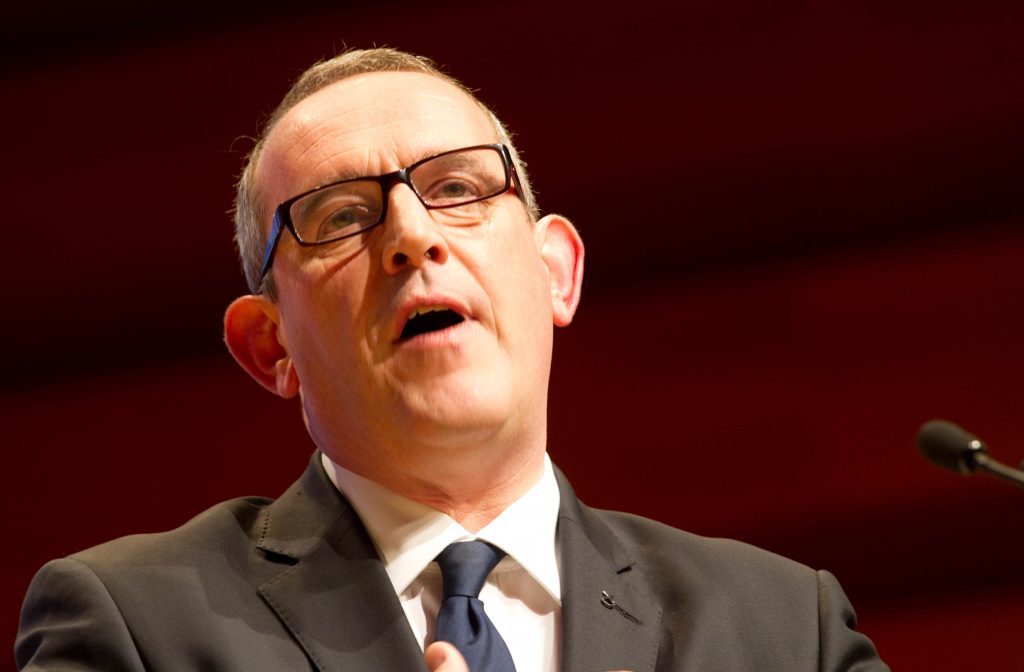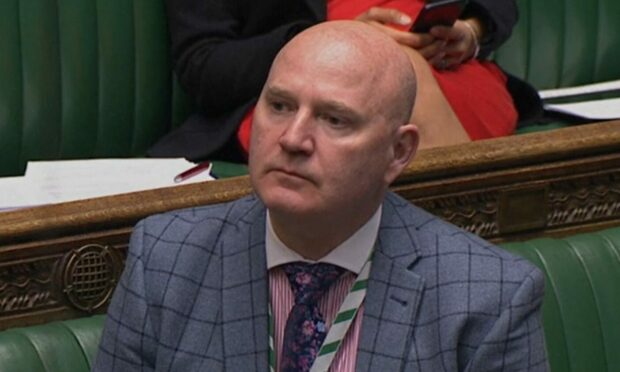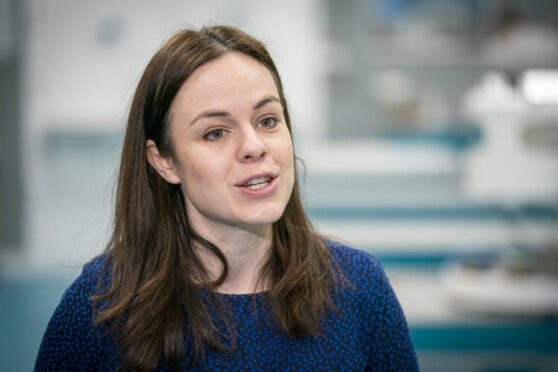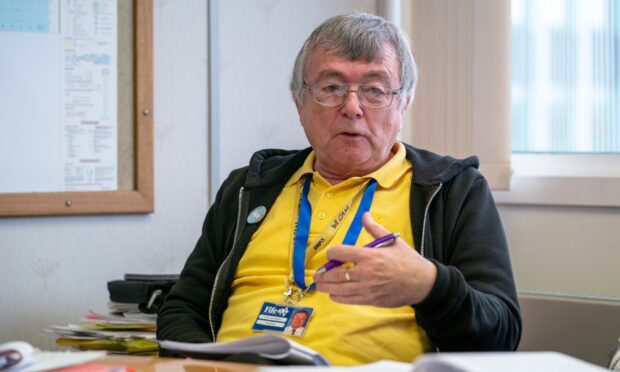Philip Hammond failed to address the Brexit “elephant in the room” in his Autumn Statement, the SNP’s economic spokesman has claimed.
Stewart Hosie criticised the Chancellor for only including a “glib reference” to the UK’s decision to leave the EU as he accused Mr Hammond of using a tactic of “deflection” to avoid the topic.
Meanwhile, Mr Hosie insisted positive measures outlined in the spending blueprint would just make a “brutal regime slightly less brutal”.
Mr Hammond said Scotland will receive a “very significant” £800 million boost to its budget.
The money will be allocated to the Scottish Government over the five years through to 2020-21, as a result of increased infrastructure spending announced in the Autumn Statement.
But the money comes after reductions to the amount the Holyrood administration has to spend, which SNP ministers have branded “unacceptable”.
Mr Hosie said: “The Chancellor did give us plenty of information today but with no more than a kind of glib reference to being ‘match fit’ at the beginning and a bit of deflection, very little actually on the elephant in the room which is Brexit.
“It’s not as if the Treasury don’t know what the consequences will be. Their own assessment tells us that tax yield could be down £66 billion a year after 15 years, GDP down perhaps 9.5%, a figure confirmed by the LSE as a result of reduced trade, reducing productivity, that amounts to some £6,500 per year per household.
“So where was the plan to ensure there was no hard Brexit? To maintain access to the single market?
“Where was the plan to mitigate the loss in tax yield and GDP?”
Mr Hosie welcomed the Government’s decision to reduce the Universal Credit taper rate from 65% to 63% which will allow people to keep more of the benefit as they work.
However, he said: “The squeeze has not been lifted from the poor. The screw of the welfare cap has not been turned off.
“This has simply made a brutal regime slightly less brutal.”
Mr Hosie said he also welcomed the proposed increase in capital investment but sought assurances from the Government about what the overall increase would mean for research and development.
Mr Hammond joked as he responded to Mr Hosie: “I’m not sure if that was a thank you or not. I think it might have been. No? No, it wasn’t.”
On the issue of investment, Mr Hammond said: “What we have announced today is a significant increase in capital investment and capital investment includes research and development under the ONS definition.
“Scotland will get £800 million of that. R&D is of course not Barnettised. R&D will be spread across the whole of the UK but the infrastructure element will be Barnettised and Scotland will get £800 million.”
Mr Hammond also suggested the SNP could take a simple step to boost the economy of Scotland.
He said: “The biggest drag on growth in Scotland, survey after survey shows, the biggest drag on business investment is the continuing threat of a second referendum.”
With the Chancellor announcing various infrastructure investments including £2.3 billion for housing south of the border, he stressed the Scottish Government will “receive the appropriate funding share”.
He said: “The decisions I have announced today mean that Scotland will receive very significant additions of £800 million to its capital budget.
“It is also great news that I can also confirm wider investments for Scotland including the opening of City Deal negotiations with Stirling, and announcing that we are open to doing so with the Tay cities.”
The Chancellor added: “This Autumn Statement sets out how we will support our economy as we begin writing a new chapter in our country’s history.
“It signals our support for millions of hardworking families who are struggling to make ends meet and our determination to ensure every household has opportunity to share in the nation’s prosperity.
“This is an Autumn Statement which delivers for Scotland.”
To help provide a “stable tax regime”, he said the Government “recommits” to its long-term plan for the oil and gas sector.
But he said steps will be taken to “simplify the reporting process and reduce the administrative costs of petroleum revenue tax for oil and gas companies”.
While UK oil and gas revenues have fallen in recent years, the Treasury forecasts these will rise to £1.8 billion a year in 2019-20, before then dropping back in the two years after that.
